From trash to treasure
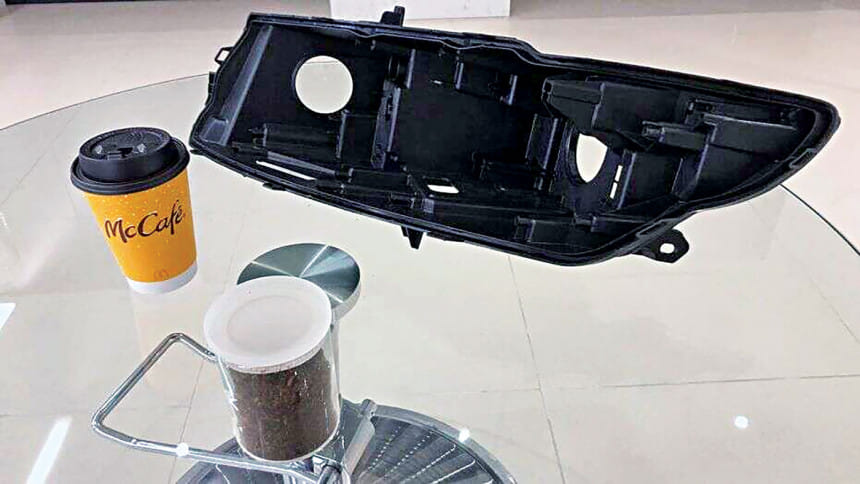
Car headlights made from waste coffee beans. Thrown away plastic bottles that become car seat. What next? If there is one thing that can be said about humanity, it is that we love to create a mess in the most literal sense. On average we create 1.3 billion tons every year, and most of it is just simply thrown away. Automakers are stepping up to do their bit by turning waste into shiny new parts.
Coffee chaff headlight cover
MacDonald's, being one of the largest fast-food chains in the world, creates a lot of food waste. For example, it produces around 30 thousand tons of coffee chaff — the husk of coffee beans that peels off during roasting — every year. Previously, all that chaff used to end up in a landfill and later burned, contributing to the global CO2 emission. Enter the Ford Motor Company. Since 2019, the blue oval entered a partnership with the golden clown to have all that waste transferred into their factory. There, they use the chaff as one of the components to build high-temperature plastic items, such as headlight cover. The resulting products are 20% lighter compared to normal plastic and take 25% less energy to build. It is still plastic though, meaning you can't just crush down your Ranger's headlamps to have a good old cup of joe.
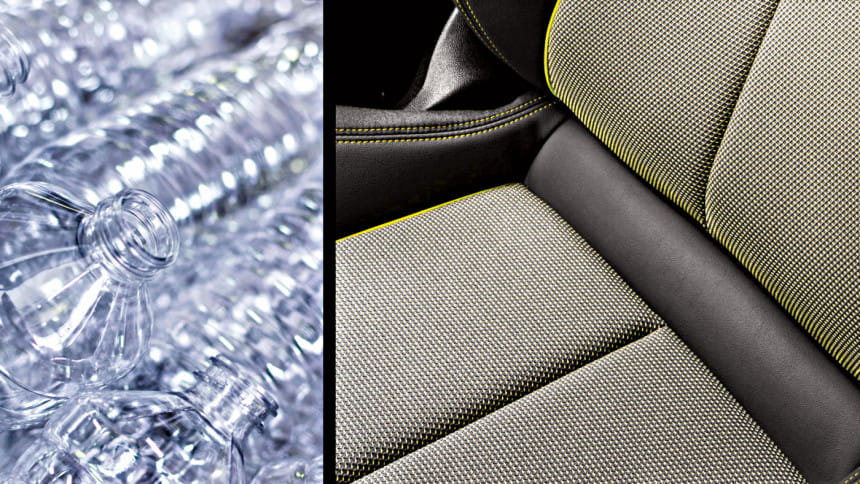
Plastic bottle seat upholstery
If you are even slightly concerned with climate change, the monumental problem of plastic waste should not be news to you. We produce around 300 million tons of plastic waste every year, about half of when are single used plastic items such as PET bottles. Such bottles are single-use by design and most are simply thrown away instead of being recycled. This is where car manufacturers come in. Audi has begun programs to collect these bottles and turn them into seat materials. They shred these bottles into tiny little strips, melt them into a liquid paste, and then turn that paste into a spool of yarn. The said yarn is later woven into fabrics to decorate the interior of a brand-new Audi A3. Hip new petrolheads would consider this earth friendly label to be a plus point.
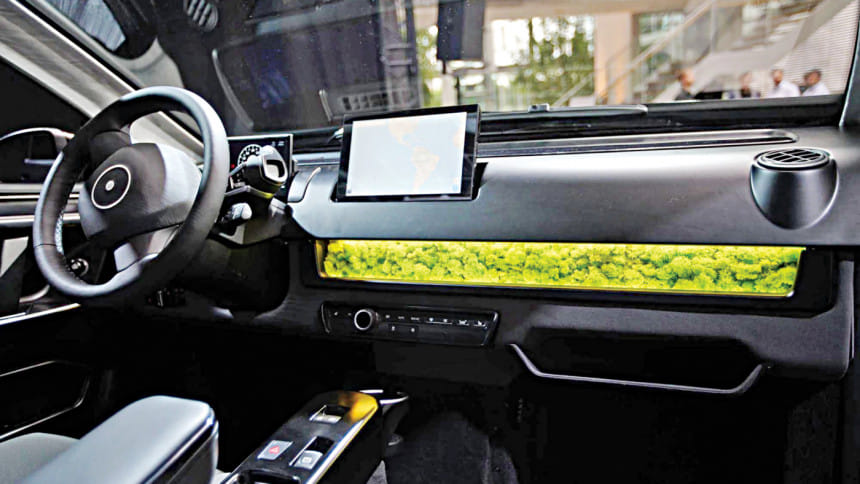
Iceland moss cabin air filter
The cabin air filter is the component that prevents dust and other harmful particles from entering your vehicles. Generally, they are made out of paper, which is made comes from trees. But the innovative German EV start-up Sono Motors decided to get rid of the middleman plant trees right inside of your dashboard. Their Iceland moss acts as both a natural air filter by binding dust particles from the air and acting as de facto air-cooler as it draws water from the air, effectively regulating humidity and maintaining a comfortable cabin environment. It should be noted that unlike normal air filters they can't be cleaned and have to be replaced after some time, though their biodegradability makes recycling much easier.
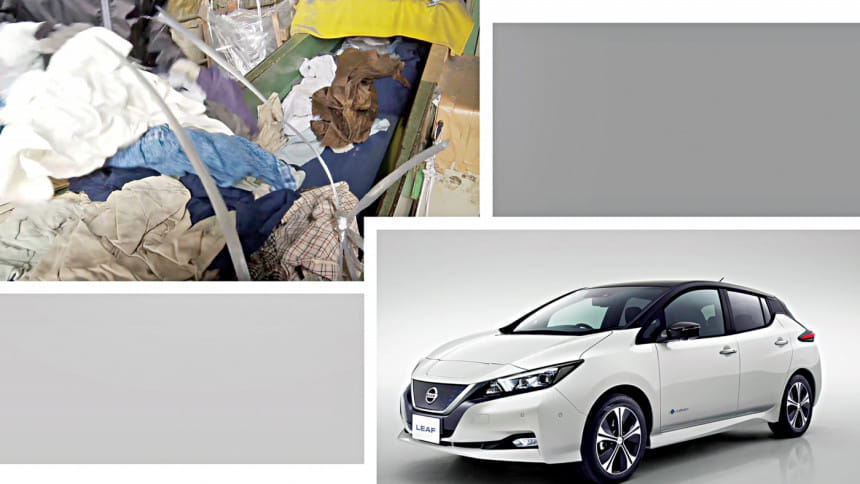
Cloth sound-deadening panels
Let's face it, we all update our wardrobe every now and then. When we do, we discard our old clothes by either giving them away or just throwing them into the trash. Nissan found another use for them. Their budget-friendly EV the Leaf uses sound-deadening panels made from worn away cloths. Nissan does this be shredding all these clothes to their raw fiber then compressing them into sheets. Nissan recycles almost 300 tons of clothing every month, reducing the need to make certain car parts from brand new materials.

 For all latest news, follow The Daily Star's Google News channel.
For all latest news, follow The Daily Star's Google News channel. 


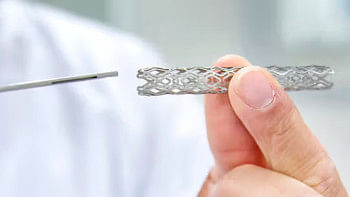
Comments